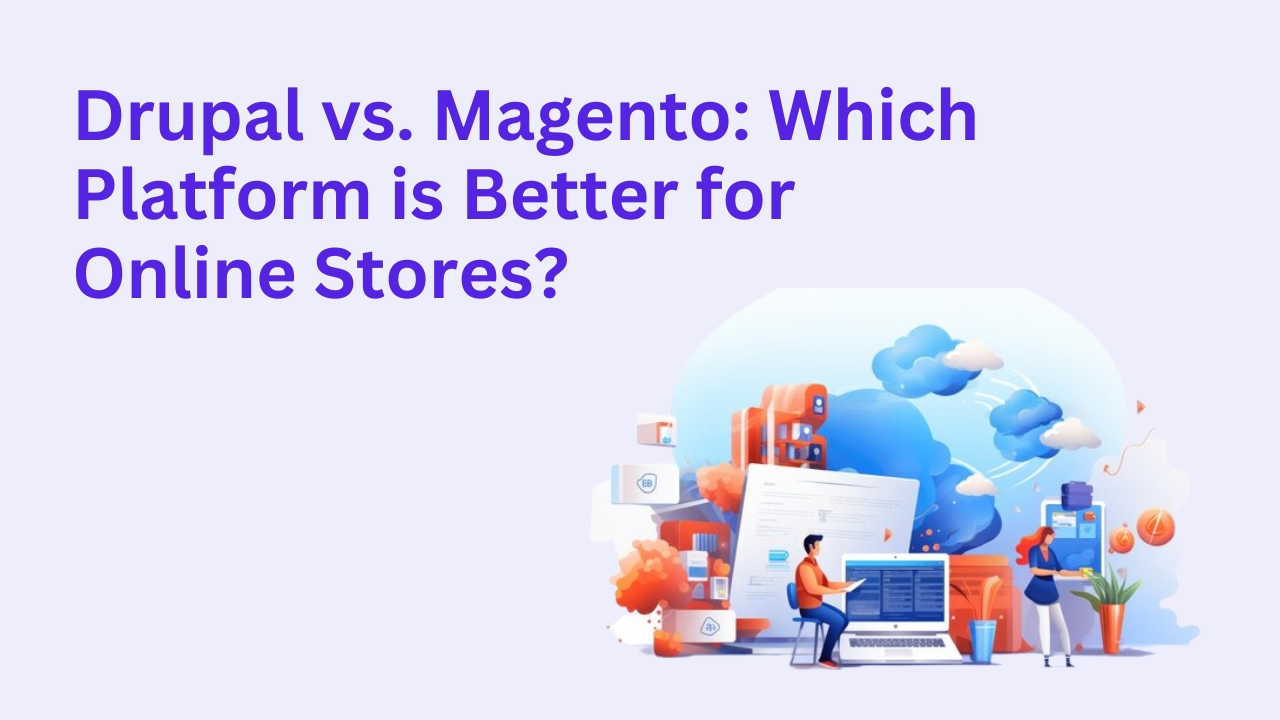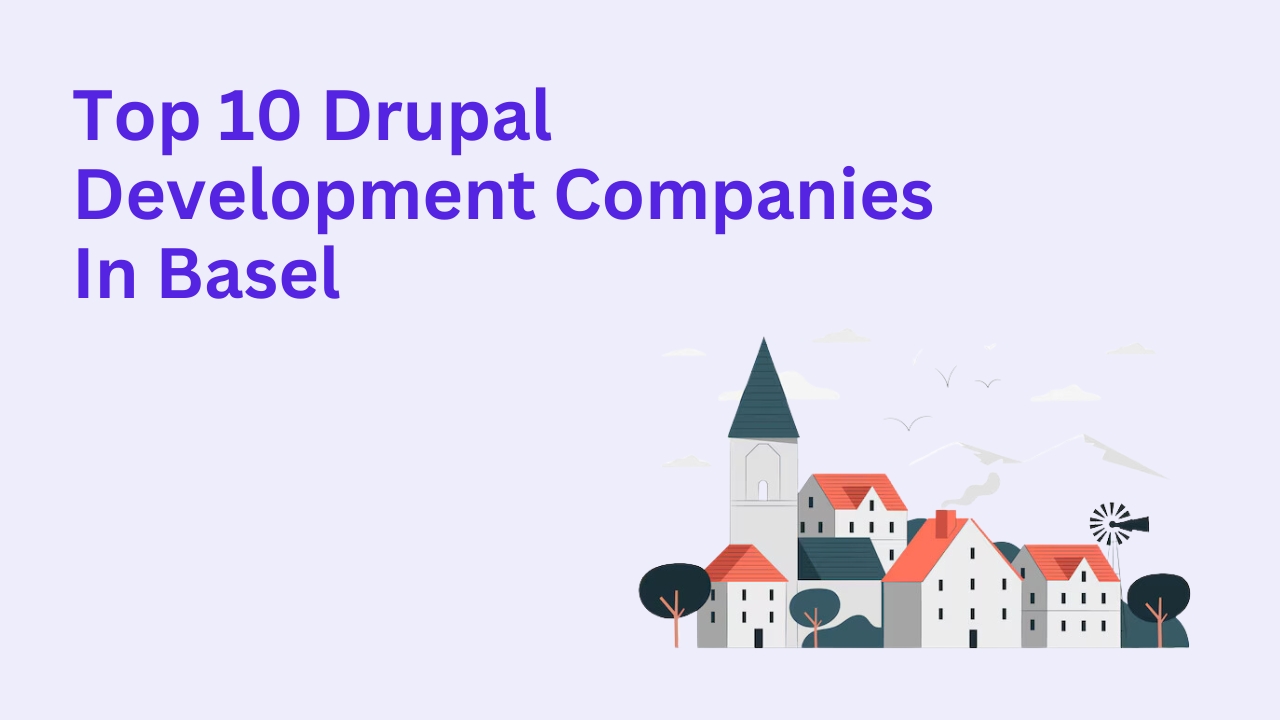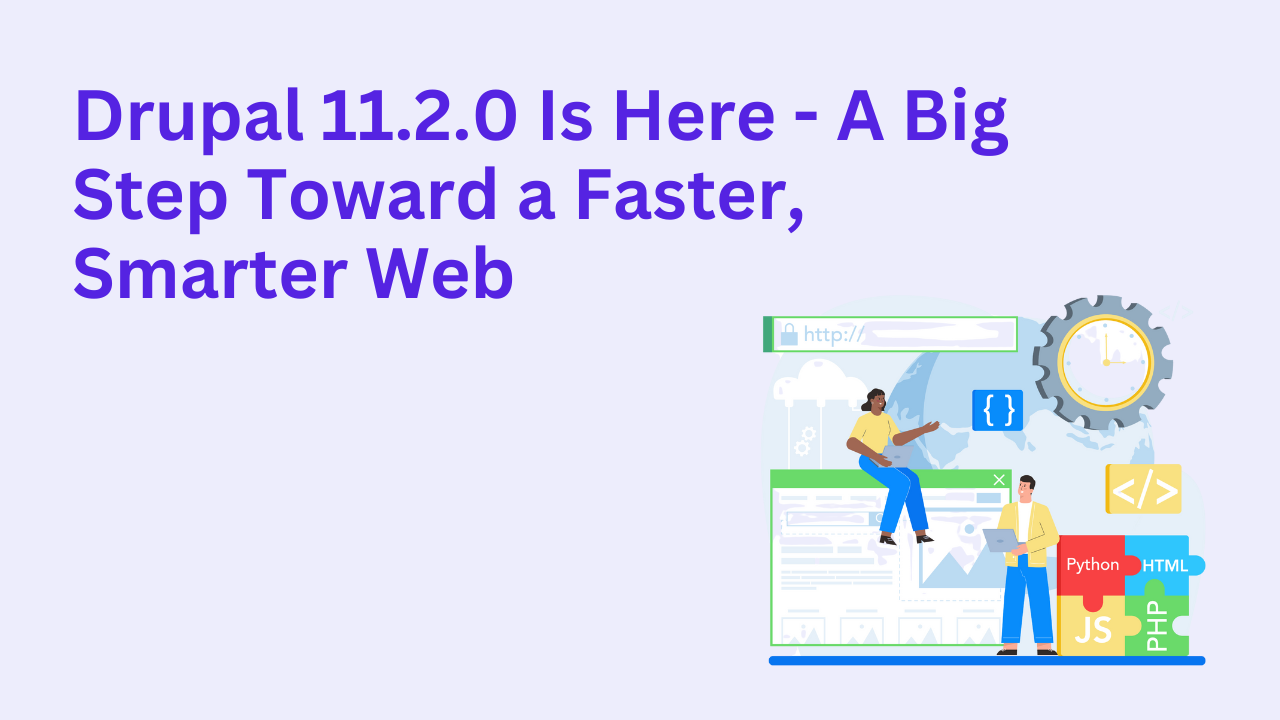Drupal vs. Webflow: Which Platform is Better?

Choosing the right Content Management System (CMS) is essential for businesses and individuals looking to create powerful and scalable websites. Two popular platforms, Drupal and Webflow, offer unique capabilities. Drupal is known for its high flexibility and scalability, while Webflow is a no-code platform focused on design and ease of use. In this blog, we’ll compare Drupal vs. Webflow based on customization, scalability, security, SEO, and cost to help you determine the best platform for your needs.
1. Understanding Drupal and Webflow
What is Drupal?
Drupal is a highly customizable open-source CMS that supports complex content management, custom development, and multi-site scalability. It is widely used for enterprise websites, government portals, and content-heavy platforms.
What is Webflow?
Webflow is a visual website builder and hosting platform that allows users to create websites using a drag-and-drop interface. It is ideal for designers and businesses looking for quick, visually appealing web development without coding.
2. Key Differences Between Drupal and Webflow
Customization & Flexibility
- Drupal: Offers complete customization with thousands of modules and themes, making it perfect for complex, large-scale websites.
- Webflow: Provides pre-designed templates and a visual editor, limiting advanced functionality unless custom code is added.
Scalability & Performance
- Drupal: Best suited for enterprise websites and high-traffic applications, handling large amounts of data and users.
- Webflow: Works well for small to medium-sized websites but may not scale as effectively as Drupal for enterprise solutions.
Security & Compliance
- Drupal: Known for its strong security measures, making it a top choice for government and financial institutions.
- Webflow: Offers built-in security but relies on Webflow’s proprietary hosting infrastructure, limiting customization in security measures.
SEO & Marketing Tools
- Drupal: Provides advanced SEO capabilities, custom metadata management, and integrations with marketing automation tools.
- Webflow: Features built-in SEO tools such as automatic sitemaps and meta tags but lacks the advanced flexibility of Drupal.
Cost Comparison
- Drupal: Free to use but requires development, hosting, and ongoing maintenance.
- Webflow: Operates on a subscription-based pricing model, with costs varying based on hosting and features.
3. When to Choose Drupal Over Webflow
Drupal is the best choice if:
- You need highly customized, scalable, and content-heavy websites.
- Your business requires strong security and compliance.
- You want multi-site capabilities and advanced user roles.
4. When to Choose Webflow Over Drupal
Webflow is a better option if:
- You need a visually appealing website without coding.
- You want an all-in-one platform with hosting and CMS built-in.
- Your focus is on small business websites, portfolios, or landing pages.
5. Final Verdict: Drupal or Webflow?
For businesses needing flexibility, security, and scalability, Drupal is the best choice. However, if your goal is to build a visually appealing website with minimal coding effort, Webflow is a great option.
Looking for expert Drupal development services? Drupalify can help you build a powerful and scalable website with Drupal. Contact us today to get started!








